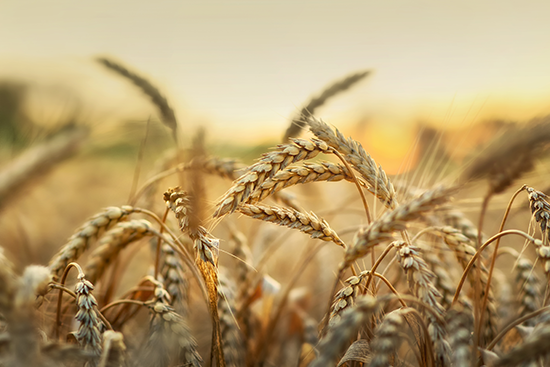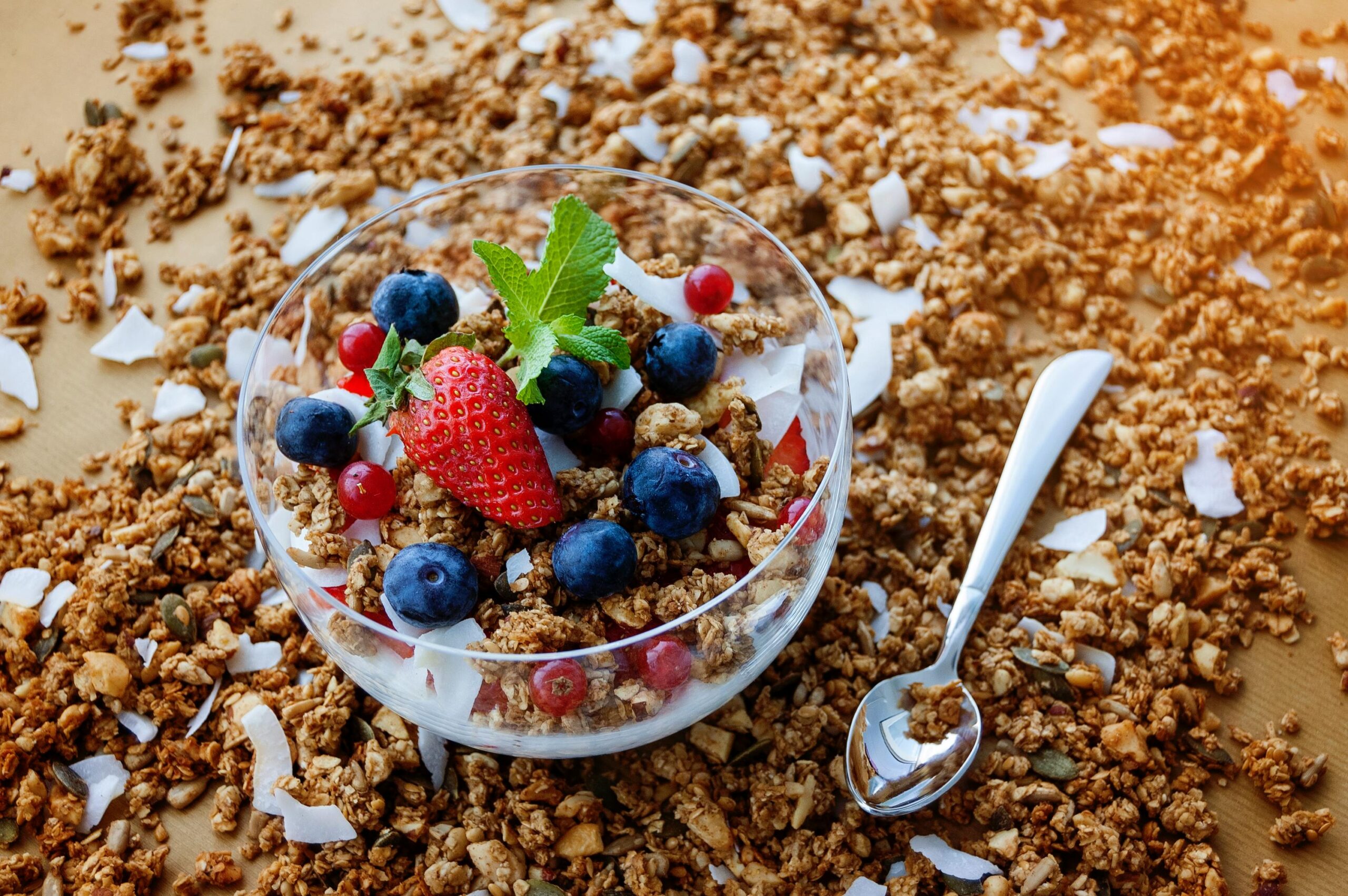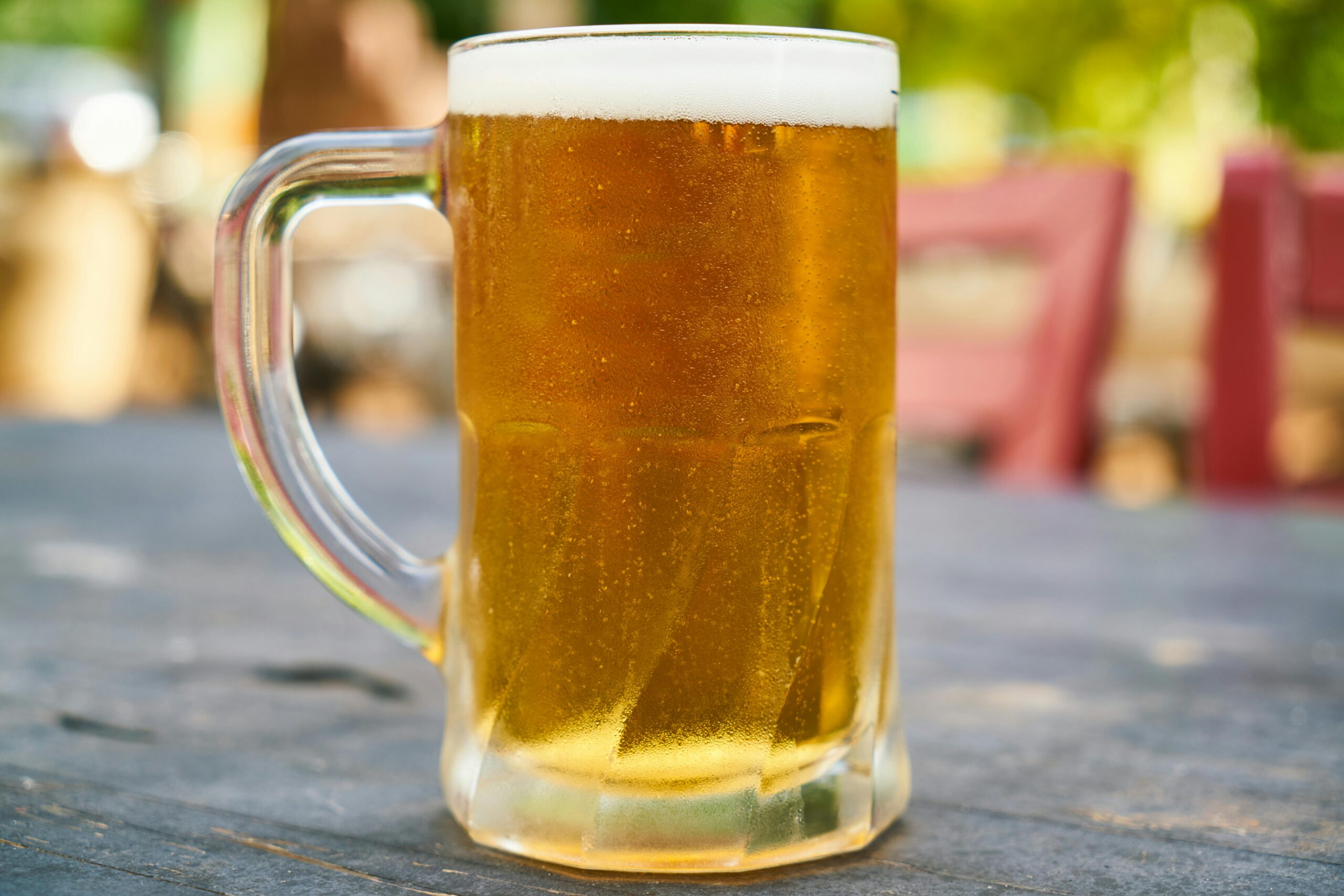
If you or someone you love has been recently diagnosed with coeliac disease, you could be eligible to receive gluten free foods on prescription. Simply select your country of residence, and, if you live in England, fill in your postcode to check if your area is prescribing.
Your country is prescribing gluten free foods*. Request your Glutafin Taster Box by clicking the button below to sign up.
* Please note: local policies are constantly updated, and issuing a prescription is at the discretion of your GP.

If you suffer from coeliac disease, then the only treatment currently available is to follow a strict gluten free diet. But what exactly is gluten, where does gluten come from and what is gluten used for?
In this article, we’ll explain everything you need to know about gluten, why gluten is a problem for some people, and what foods you need to avoid if you are following a gluten free diet.
Gluten is a protein found in certain grains, such as wheat, rye and barley. It is a complex mix of lots of individual proteins, called prolamins and glutelins, which vary between different grains. It is the prolamins that cause problems for people with coeliac disease.

Gluten is found in all forms of wheat, including semolina, spelt and the durum wheat used in pasta. It is also found in barley and rye, as well as triticale, which is a cross between wheat and rye which is often found in bread.
Oats are generally gluten free, although they can become cross-contaminated if oats are grown alongside wheat, barley or rye, or if they are processed in the same factories as wheat-containing foods. If you have coeliac disease, you should ensure you only eat oats that are labelled gluten free. The National Institute of Clinical Excellence recommend that people with coeliac disease can choose to introduce gluten-free oats into their diet at any stage, but the decision to continue eating them will depend on how their body responds.

Gluten has unique viscoelastic and adhesive properties – which means it is both stretchy and sticky. It is used to give foods, such as bread, their unique texture and structure. Gluten stretches to trap pockets of air in dough, allowing it to rise and retain moisture making the final loaf both light and chewy. Gluten is also used as a binding agent in processed foods and is a good flavour carrier and emulsifier.

Whilst most people can digest gluten without any issues, for those with coeliac disease, the presence of this protein triggers a cascade of events within the immune system, leading to a severe autoimmune response.
If you have coeliac disease, this autoimmune response causes inflammation in the gut lining, preventing the absorption of essential nutrients. This can cause weight loss and well as problems associated with vitamin and mineral deficiencies, such as bone density problems.
The autoimmune response to gluten can lead to a wide range of symptoms for people with coeliac disease, including abdominal pain and discomfort, altered bowel habits and frequent headaches. If left untreated, the damage to the gut lining will continue to cause symptoms and longer term complications, such as osteoporosis, however, in most cases, the gut will recover if a gluten free diet is strictly followed.
Around one in one hundred people suffer from coeliac disease and may experience symptoms in response to even small amounts of gluten. Furthermore, as many as 6% of people are gluten intolerant (also known as non-coeliac gluten sensitivity). These people do not have coeliac disease, but still suffer symptoms, such as bloating, diarrhoea and headaches, in response to gluten.

Gluten is present in all foods made from wheat, barley or rye. This includes bread, pizza bases, pasta, breakfast cereals, cakes, biscuits and even beer. Gluten is also used as an ingredient in many other foods, including soups, sauces and processed meats. There are many gluten free alternatives available in the supermarkets.
In addition to foods that are predominantly made from grains, many processed foods also use gluten in their ingredients to enhance their flavour or texture. It is important to check the ingredients carefully for this ‘unexpected gluten’, even in foods that you may consider to be gluten free. Even small amounts of gluten are enough to trigger coeliac symptoms and cause damage to the gut.

If you or someone you love has been recently diagnosed with coeliac disease, you could be eligible to receive gluten free foods on prescription. Simply select your country of residence, and, if you live in England, fill in your postcode to check if your area is prescribing.
Your country is prescribing gluten free foods*. Request your Glutafin Taster Box by clicking the button below to sign up.
* Please note: local policies are constantly updated, and issuing a prescription is at the discretion of your GP.